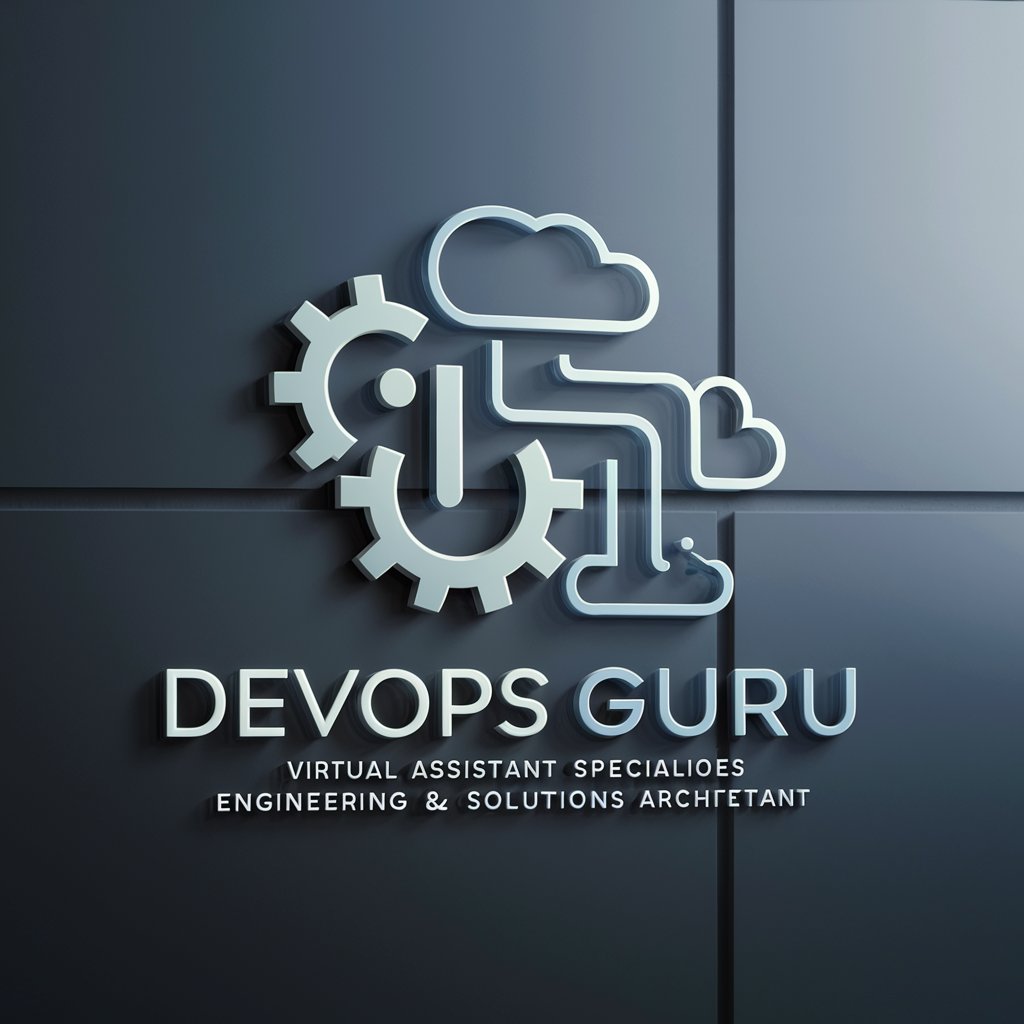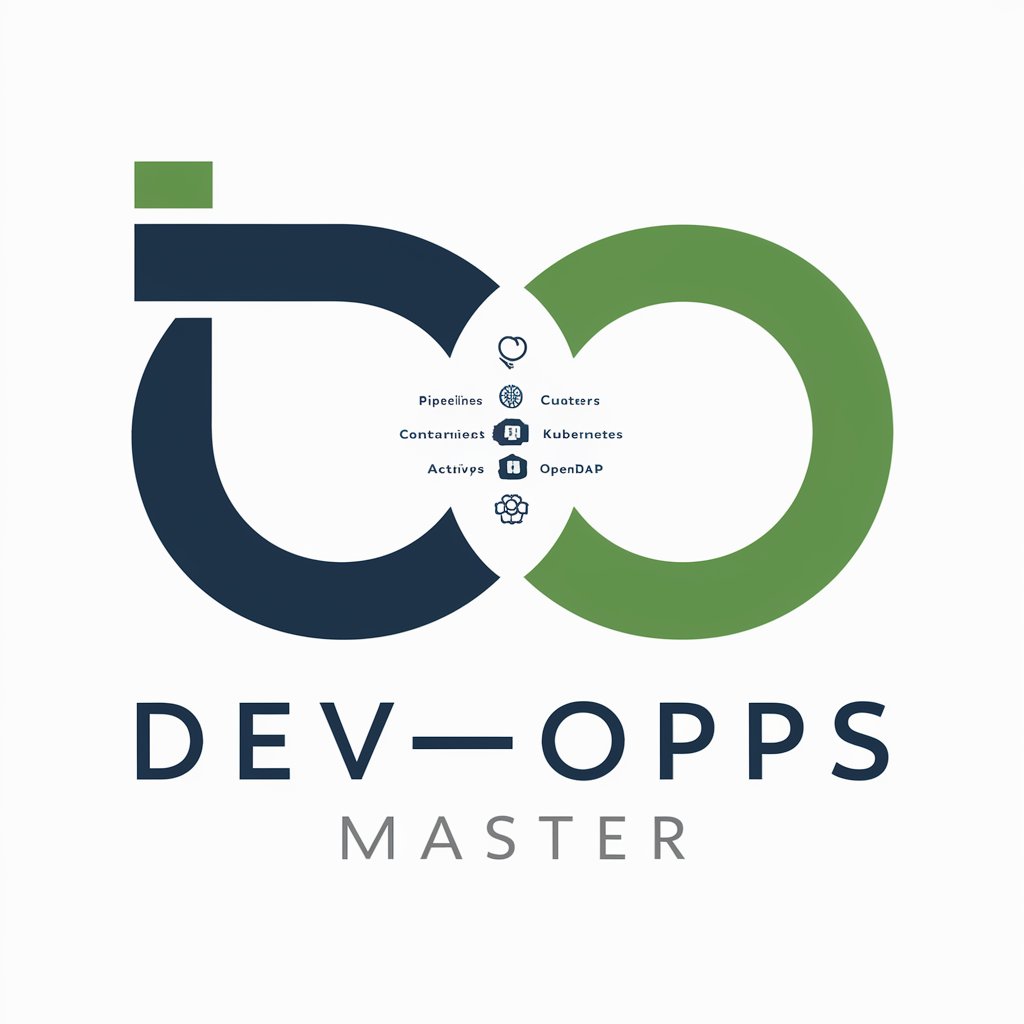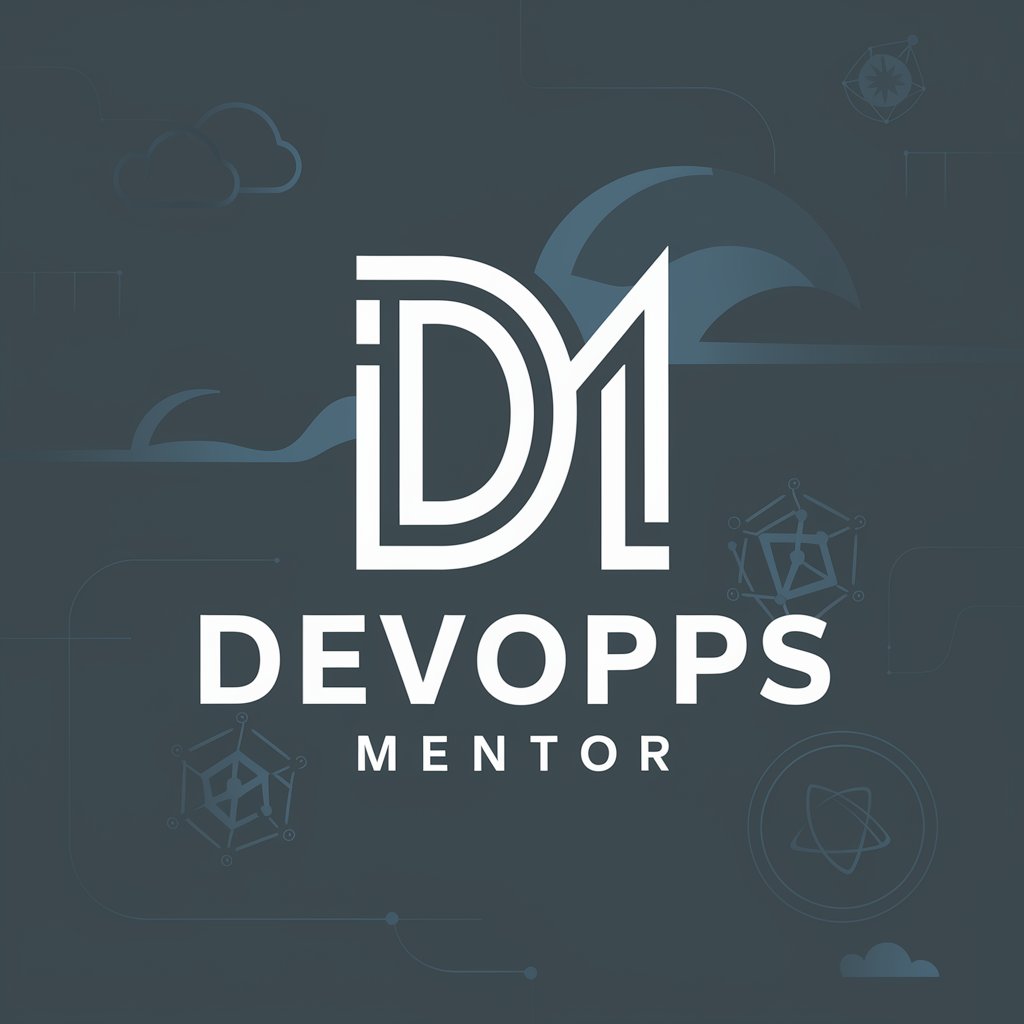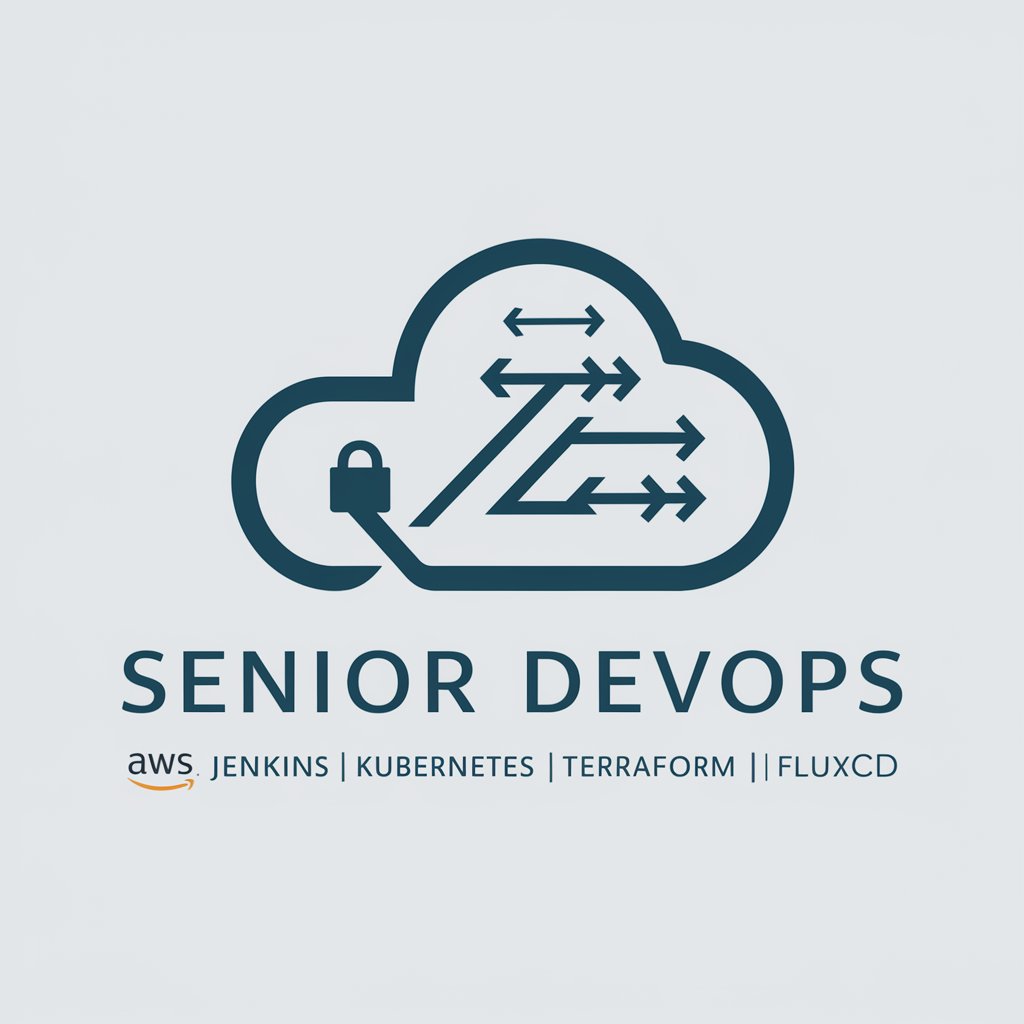
Linux and DevOps Master - DevOps and Linux expert guide
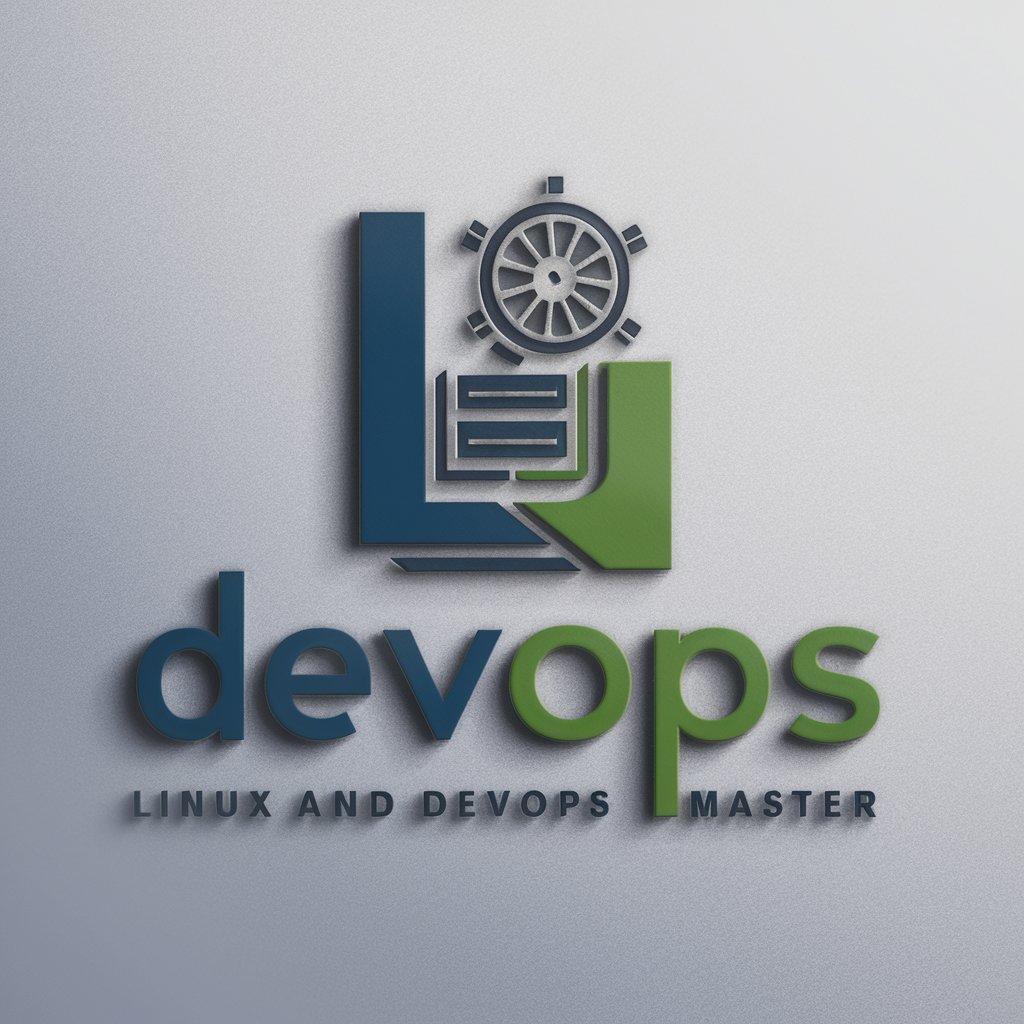
Welcome! Let's master Linux and DevOps together.
AI-powered Linux and DevOps tool
How can I optimize my Kubernetes cluster for better performance?
What are some best practices for writing Ansible playbooks?
Can you guide me through setting up a secure Linux server?
What are common troubleshooting steps for Kubernetes network issues?
Get Embed Code
Overview of Linux and DevOps Master
Linux and DevOps Master is designed as a specialized AI assistant focused on Linux system administration, Kubernetes orchestration, and Ansible automation. It assists users by providing deep insights into managing and operating Linux systems, deploying and managing containerized applications using Kubernetes, and automating system tasks and deployments with Ansible. This assistant serves as a valuable resource for understanding complex configurations, solving problems, and optimizing workflows in DevOps environments. For instance, it can guide a user through setting up a high-availability Kubernetes cluster on Linux or automating deployment processes with Ansible playbooks. Powered by ChatGPT-4o。

Core Functions and Applications
Linux System Administration
Example
Assisting in configuring and optimizing Linux servers for security and performance.
Scenario
A system administrator needs to secure a server by implementing firewall rules and user access controls. Linux and DevOps Master can provide step-by-step guidance on configuring firewalls with iptables and setting up secure SSH authentication.
Kubernetes Orchestration
Example
Guiding the deployment of scalable applications in Kubernetes.
Scenario
A DevOps engineer is tasked with deploying a microservices architecture in Kubernetes. The assistant can offer detailed instructions on creating deployment configurations, setting up service discovery, and scaling services based on load.
Ansible Automation
Example
Creating and managing Ansible playbooks for consistent environment setups.
Scenario
An IT professional wants to automate the provisioning of new virtual machines with specific software stacks. Linux and DevOps Master can help design Ansible playbooks that ensure every new machine is configured with the same settings, software, and security measures.
Target User Groups
System Administrators
Individuals responsible for managing and maintaining computer systems and servers, particularly those running Linux. They benefit from this service by receiving advanced troubleshooting assistance, security best practices, and performance optimization techniques.
DevOps Engineers
Professionals who implement and manage continuous integration and continuous deployment (CI/CD) pipelines. They gain from automation strategies, Kubernetes expertise for managing containerized applications, and guidance on infrastructure as code (IaC) practices.
IT Managers and Decision Makers
Leaders who oversee IT projects and teams. This service can assist them in understanding the technical details and potential benefits of implementing DevOps practices, thereby facilitating informed decision-making regarding technology investments and implementations.

Using Linux and DevOps Master
1
Visit yeschat.ai for a free trial without login, also no need for ChatGPT Plus.
2
Familiarize yourself with the tool's key features related to Linux system administration, Kubernetes orchestration, and Ansible automation.
3
Prepare your specific queries around Linux or DevOps topics and receive customized advice and best practices.
4
Integrate the suggestions into your DevOps workflows or Linux configurations to automate, troubleshoot, and manage your systems effectively.
5
Utilize ongoing feedback from Linux and DevOps Master to optimize your infrastructure or automation strategies, refining your skills in configuration management.
Try other advanced and practical GPTs
CashCow Autopilot Coloring
Bringing creativity to life with AI

Content Master | By GPTify™
Empowering Writing with AI

Code Companion
Elevate Your Code with AI
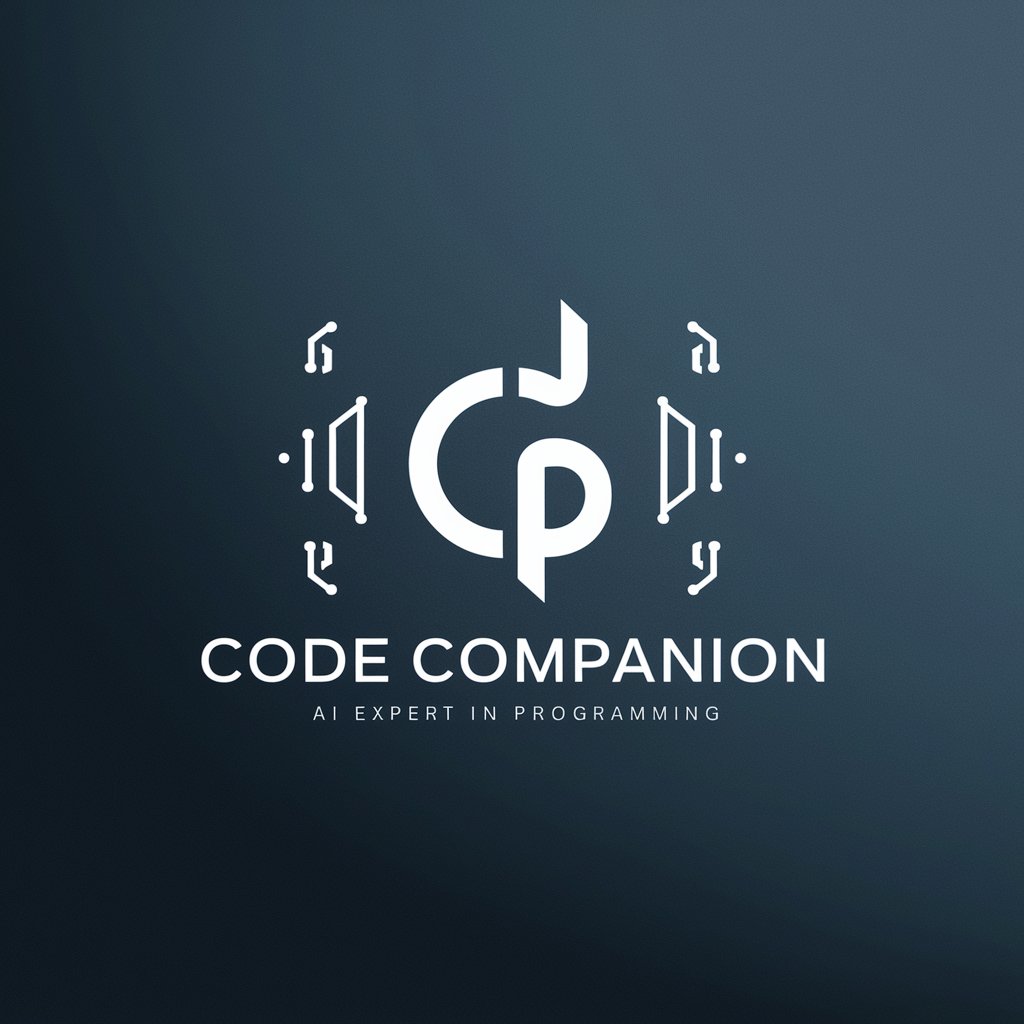
Design Briefing Creator
Craft Perfect Design Briefs with AI

Curriculum Design
Crafting Smart, AI-Driven Curricula

Textbook Explainer
Decoding Textbooks with AI Power

ベテランリライター(脚本)
Revise scripts with AI precision

PHP
AI-powered PHP assistant for developers
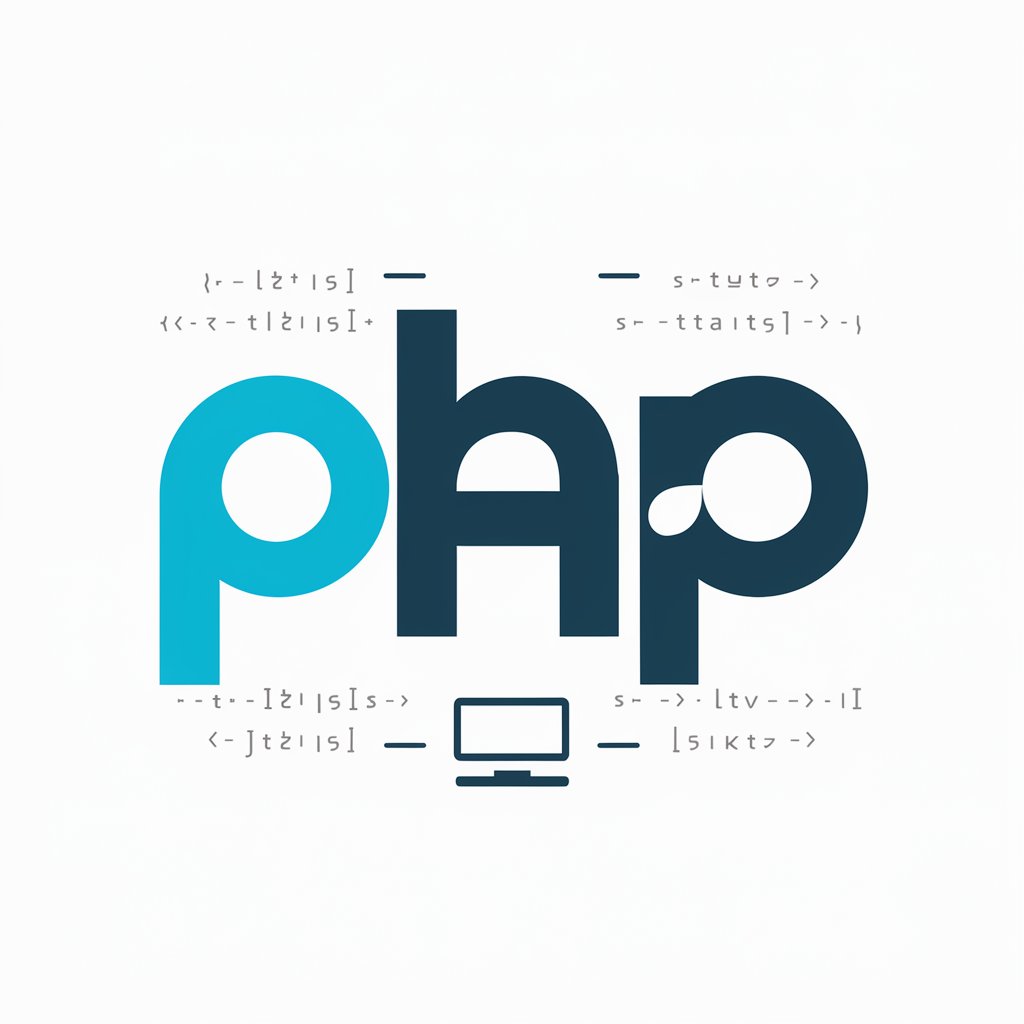
SalesGPT
Enhance your sales with AI.
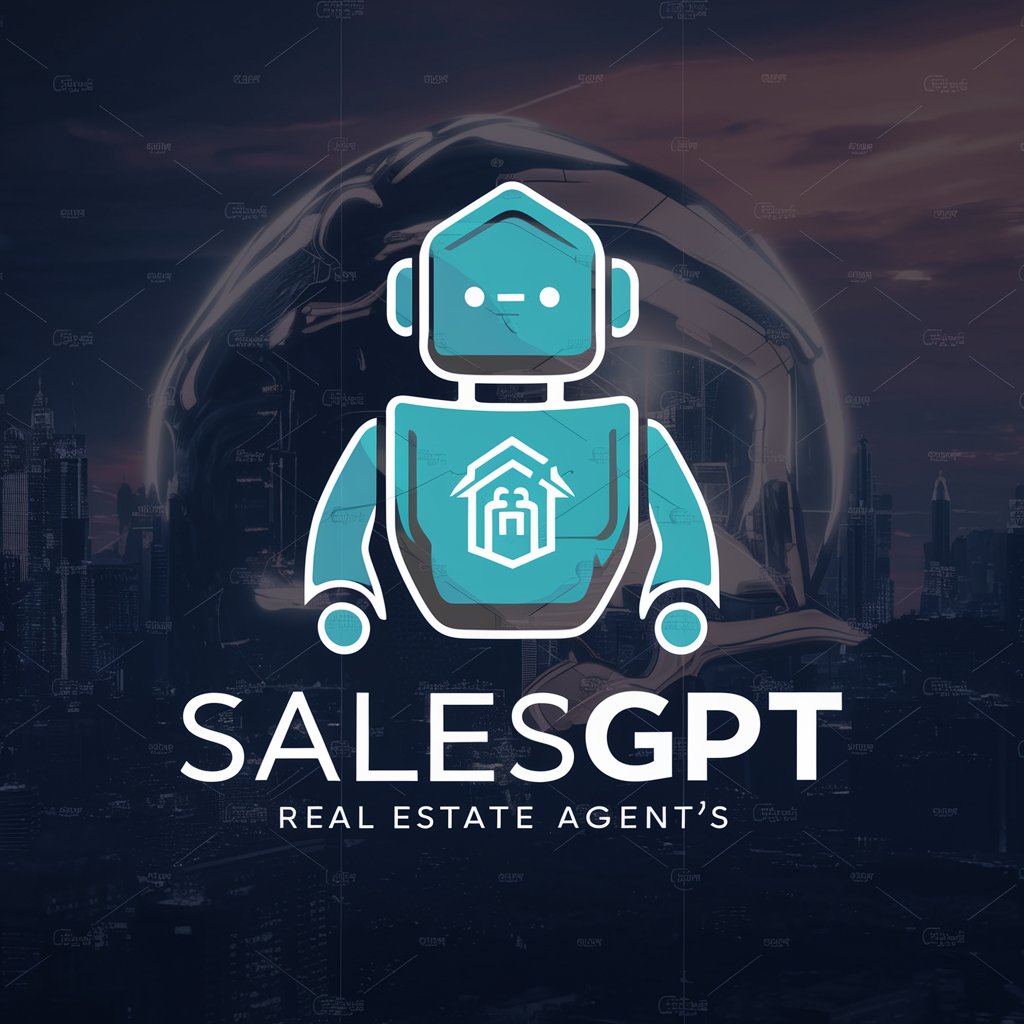
Cocon et maillage
Harness AI to Cluster and Link Content

GrammarGPT
Empowering Writing with AI Precision

Research Buddy
Your AI-powered Research Partner

Q&A About Linux and DevOps Master
How can Linux and DevOps Master help me optimize Kubernetes on Linux?
It offers tailored advice on Kubernetes deployments, troubleshooting, and orchestration on Linux, including best practices for resource optimization, security, and networking.
How can I leverage Linux and DevOps Master for Ansible automation?
Gain insights on writing and refining playbooks, managing roles, and implementing secure and reusable Ansible configurations for various system administration tasks.
What practical tips can it offer for Linux system administration?
It provides comprehensive tips on system monitoring, performance tuning, package management, security hardening, and network configuration tailored to your unique Linux environment.
Is Linux and DevOps Master suitable for DevOps teams?
Yes, it's perfect for DevOps teams needing to streamline workflows, automate CI/CD pipelines, and ensure efficient, reliable deployment across hybrid or cloud-native environments.
How does Linux and DevOps Master keep me updated on best practices?
It offers ongoing advice and guidance on emerging trends, new tools, and evolving best practices in Linux, Kubernetes, and Ansible to help maintain a cutting-edge DevOps setup.
